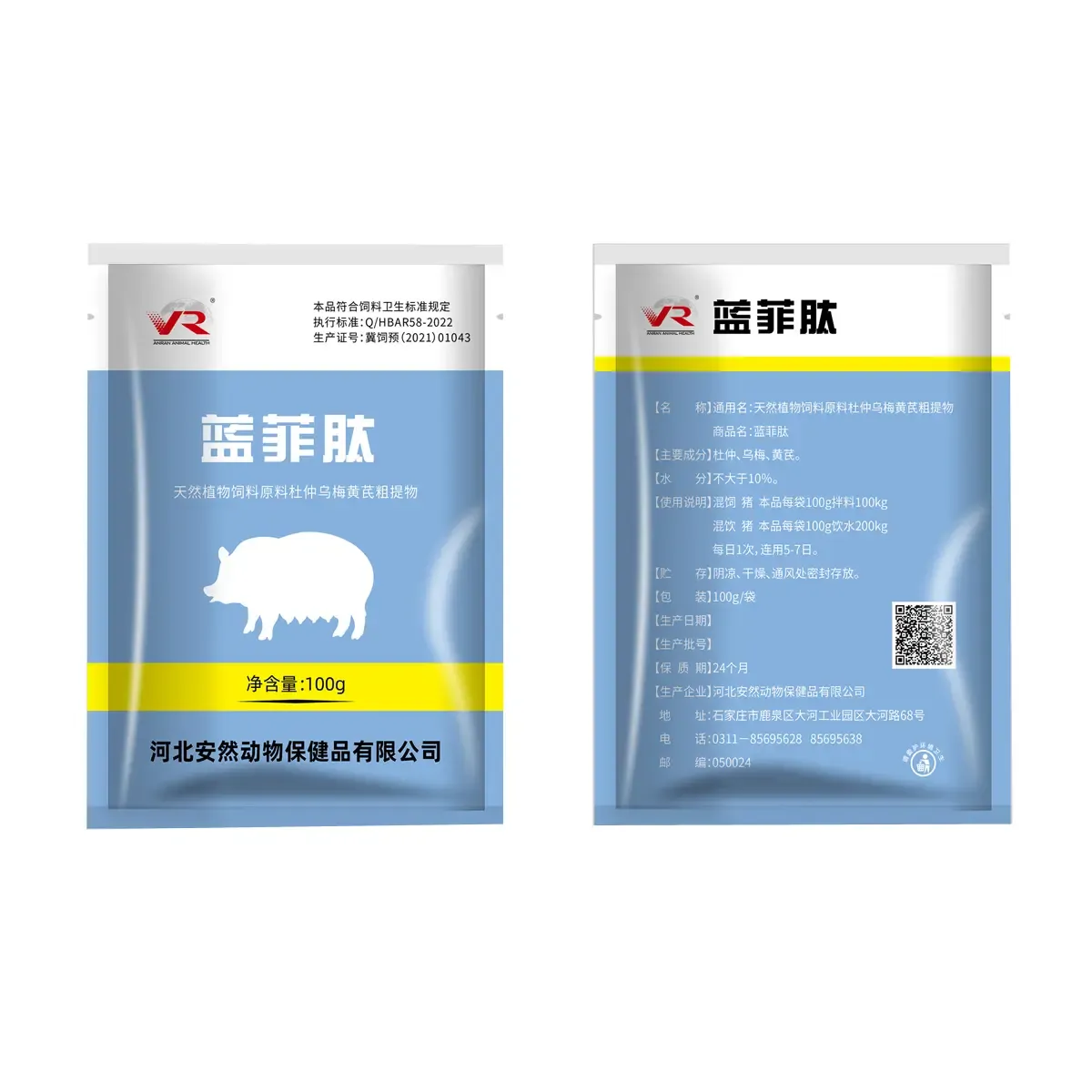- Afrikaans
- Albanian
- Amharic
- Arabic
- Armenian
- Azerbaijani
- Basque
- Belarusian
- Bengali
- Bosnian
- Bulgarian
- Catalan
- Cebuano
- Corsican
- Croatian
- Czech
- Danish
- Dutch
- English
- Esperanto
- Estonian
- Finnish
- French
- Frisian
- Galician
- Georgian
- German
- Greek
- Gujarati
- Haitian Creole
- hausa
- hawaiian
- Hebrew
- Hindi
- Miao
- Hungarian
- Icelandic
- igbo
- Indonesian
- irish
- Italian
- Japanese
- Javanese
- Kannada
- kazakh
- Khmer
- Rwandese
- Korean
- Kurdish
- Kyrgyz
- Lao
- Latin
- Latvian
- Lithuanian
- Luxembourgish
- Macedonian
- Malgashi
- Malay
- Malayalam
- Maltese
- Maori
- Marathi
- Mongolian
- Myanmar
- Nepali
- Norwegian
- Norwegian
- Occitan
- Pashto
- Persian
- Polish
- Portuguese
- Punjabi
- Romanian
- Russian
- Samoan
- Scottish Gaelic
- Serbian
- Sesotho
- Shona
- Sindhi
- Sinhala
- Slovak
- Slovenian
- Somali
- Spanish
- Sundanese
- Swahili
- Swedish
- Tagalog
- Tajik
- Tamil
- Tatar
- Telugu
- Thai
- Turkish
- Turkmen
- Ukrainian
- Urdu
- Uighur
- Uzbek
- Vietnamese
- Welsh
- Bantu
- Yiddish
- Yoruba
- Zulu
8 月 . 12, 2024 08:40 Back to list
Guidelines for Appropriate Ivermectin Injectable Dosage in Goats for Effective Parasite Control
Understanding Ivermectin Injectable Dosage for Goats
Ivermectin is a widely used antiparasitic agent in veterinary medicine, particularly for treating a variety of parasitic infections in livestock, including goats. This powerful medication is effective against various internal and external parasites, including worms, mites, and lice. Proper dosing is critical to ensuring effectiveness while minimizing potential side effects or toxicity.
What is Ivermectin?
Ivermectin belongs to a class of medications known as avermectins, which are derived from a soil bacterium called *Streptomyces avermitilis*. It acts by binding to specific chloride channels in the parasite's nervous system, leading to paralysis and death. Ivermectin is frequently used in veterinary medicine due to its broad spectrum of activity and relative safety when used correctly.
Indications for Use in Goats
Goats are susceptible to various parasites that can adversely affect their health, productivity, and growth. The common parasites that ivermectin targets include
1. Gastrointestinal Nematodes (Worms) Such as Haemonchus contortus and Ostertagia species. 2. Lice and Mites External parasites that can cause skin irritations and other health issues. 3. Lungworms These can affect the respiratory health of goats.
Dosage Guidelines
The recommended dosage of ivermectin for goats can vary based on the formulation used (injectable, oral, or topical) and the specific parasite being treated. For ivermectin injectable formulations, the following guidelines are typically followed
ivermectin injectable goat dosage

- Dosage The recommended dose for injectable ivermectin is usually 0.2 mg/kg of body weight. This means that if you have a goat weighing 50 kg, the appropriate dose would be 10 mg of ivermectin. - Administration The injectable solution is administered subcutaneously, preferably in the neck area to minimize stress and risk of abscesses.
It is essential to use a properly calibrated syringe and to administer the correct dosage based on the goat's weight. Excessive dosing can lead to toxicity, while underdosing may not effectively eliminate parasites, potentially leading to resistance.
Considerations and Precautions
1. Weight Estimation Accurately estimating the weight of goats is crucial. If uncertain, it may be beneficial to use a weigh tape designed for livestock or to weigh the goats directly on a scale. 2. Withholding Period When using ivermectin in food animals, it’s important to observe withholding periods before slaughter. This period allows the body to eliminate residual medication, ensuring that no harmful levels remain in the goat’s system at the time of processing.
3. Resistance Monitoring Overuse of ivermectin can lead to the development of resistance among parasite populations. It is essential to monitor the effectiveness of treatment and to rotate antiparasitic drugs when necessary to manage and mitigate resistance.
4. Consultation with a Veterinarian Always consult a veterinarian before beginning any treatment regimen. They can provide guidance on the best products, dosages, and schedules suited for your specific herd and regional parasite concerns.
Conclusion
Ivermectin injectable formulations can be a powerful tool in managing parasitic infestations in goats. Understanding the correct dosage, administration techniques, and safety precautions is vital for ensuring the health and productivity of your livestock. By working closely with a veterinarian, goat owners can effectively utilize ivermectin while minimizing risks associated with its use. Proper management practices will help maintain the effectiveness of this important medication, ensuring healthy goats and a productive farming operation.
-
The Power of Radix Isatidis Extract for Your Health and Wellness
NewsOct.29,2024
-
Neomycin Sulfate Soluble Powder: A Versatile Solution for Pet Health
NewsOct.29,2024
-
Lincomycin Hydrochloride Soluble Powder – The Essential Solution
NewsOct.29,2024
-
Garamycin Gentamicin Sulfate for Effective Infection Control
NewsOct.29,2024
-
Doxycycline Hyclate Soluble Powder: Your Antibiotic Needs
NewsOct.29,2024
-
Tilmicosin Premix: The Ultimate Solution for Poultry Health
NewsOct.29,2024













